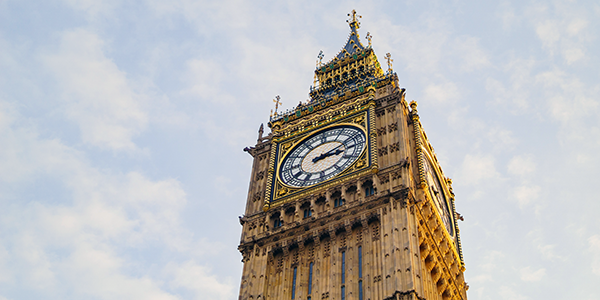Is it too late to stop a no deal Brexit?
It has been suggested Boris Johnson could bypass Parliament’s opposition to a no deal Brexit by timing a general election so Parliament was not sitting over the 31 October deadline. David Howarth explains what procedures could be used to avoid this, if politicians are determined to stop no deal.












 Democratic Audit's core funding is provided by the Joseph Rowntree Charitable Trust. Additional funding is provided by the London School of Economics.
Democratic Audit's core funding is provided by the Joseph Rowntree Charitable Trust. Additional funding is provided by the London School of Economics.